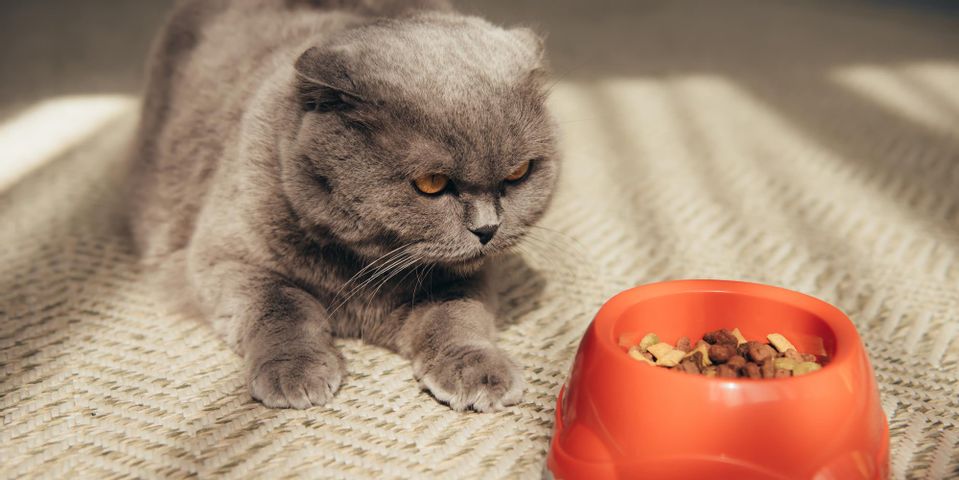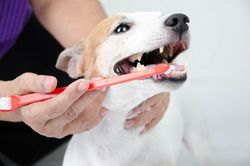
Most of the time, pets are eager to chow down. So when your cat or dog doesn’t seem to be interested in their full bowl of food, it’s normal to have some concern. While a lack of appetite isn’t always a major problem, it can also be a sign of an underlying condition that requires care from a veterinarian. To make sure your pet gets the care they need, here are a few potential reasons your companion may not be eating—and what can be done to resolve the matter.
Common Reasons Pets Won’t Eat & How to Address Them
Response to Environmental Changes
Dogs and cats are creatures of habit. As such, they may not feel comfortable eating if you’ve made any noticeable changes to their routine. For instance, changing the food they eat, the position of the bowl, or the time of the meal may prompt appetite problems. Changes in the house may also be responsible—such as having guests over or introducing new animals into the home.
To address these problems, try to introduce environmental changes gradually. Also, it’s important to develop a feeding time that works for you and your pet—and stick to it.
Dental Problems
 Tooth decay and gum disease are common issues that affect cats and dogs—especially those that are older. Since these dental conditions can make chewing painful, they can prevent your pet from eating. If your four-legged friend has dental pain or cannot chew, talk a veterinarian about potential treatment options, such as tooth removal.
Tooth decay and gum disease are common issues that affect cats and dogs—especially those that are older. Since these dental conditions can make chewing painful, they can prevent your pet from eating. If your four-legged friend has dental pain or cannot chew, talk a veterinarian about potential treatment options, such as tooth removal.
Recent Vaccination
Preventing everything from rabies to distemper, vaccines are a critical component of long-term pet health. However, pet vaccines can sometimes cause temporary side effects—such as loss of appetite. If your companion isn’t eating after immunization, leave their food out as an option, and they should eventually get hungry. If the problem lasts longer than a day, talk to a veterinarian.
Digestive Distress
In many cases, gastrointestinal illnesses are the reason behind a pet’s unwillingness to eat. If your cat or dog is exhibiting signs of digestive distress—such as diarrhea or vomiting—there is likely an underlying problem that needs to be addressed. This may also be the case if your animal ate something they shouldn’t have—such as a foreign object or toxic houseplant. Call a veterinary clinic to report the issue and determine if professional care is needed.
If you’re concerned about your pet’s lack of appetite, Buffalo Trace Veterinary Care can help provide you with peace of mind. Taking a gentle approach, this Versailles, KY, veterinarian will carefully evaluate your companion and determine what may be causing the behavioral change. Backed with a wide range of advanced treatment options, this provider can address everything from dental disease to gastrointestinal illness, so your pet can eat again with ease. For more details on their services, visit this veterinary clinic online. If you’d like to schedule a visit, call (859) 879-3582.
About the Business
Have a question? Ask the experts!
Send your question

